Understanding Gas Generators
What is a Gas Generator?
A gas generator is a device that turns chemical energy from fuel, like natural gas or propane, into electric power. It does this with an internal combustion engine that spins an alternator to make electricity. Gas generators are a big help when the power goes out. People like them in lots of places because they’re steady and work well.

Types of Gas Generators
Gas generators come in different kinds, each built for certain jobs and spots. Standby generators stay in one place and kick on by themselves when the lights go off. They keep homes or businesses powered without a hitch. Portable generators can move wherever you need them. They’re great for short-term power fixes. Inverter generators give cleaner electricity. Folks use them for gadgets that can’t handle rough power.
How Do Gas Generators Work?
Gas generators run by lighting up a blend of fuel and air in an engine. The engine’s movement gets changed into electric power through an alternator. Lots of pieces team up for this. You’ve got the fuel setup, the engine itself, the alternator, a voltage regulator, and systems for cooling and exhaust. All this works together nice and smooth. It keeps the electricity flowing whenever you need it.
Common Applications of Gas Generators
Residential Use
In homes, gas generators are a go-to for backup juice when the grid fails. They keep stuff like fridges, heaters, and lamps going strong. The main power might cut out, but these keep things humming. Lots of folks pick standby generators. They start up on their own and can run the whole house easy.
Commercial and Industrial Use
For shops and factories, gas generators are a must to stay up and running during blackouts. Places like plants, data hubs, hospitals, and other big spots rely on them. They keep machines, lights, air conditioning, and key gear powered. That way, work doesn’t grind to a halt.
Emergency Services
Emergency crews lean hard on gas generators when trouble hits. Think fire stations, cop shops, hospitals, and rescue teams. These machines light up radios, medical tools, bulbs, and other must-have stuff. It’s a lifeline when the regular power’s down in a crisis.
Advantages of Using Gas Generators
Cost-Effectiveness
Gas generators save you money by giving solid backup power without breaking the bank. Natural gas usually costs less than diesel or regular gas. That makes it a good choice if you’re using it a lot.
Environmental Benefits
Compared to diesel ones, gas generators put out fewer nasty things, like nitrogen oxides (NOx) and little bits of junk (PM). This cleans up the air some. Natural gas burns neater than other fuels dug from the ground. So, it’s less rough on nature when you run them.
Fuel Supply and Storage
Natural gas pipes bring fuel straight to gas generators. You don’t need tanks sitting around. That skips the refueling headaches diesel or gas models have. Propane ones are simple too. You can grab refillable tanks almost anywhere. PowerSmart customization services can tweak things even better. They fit the setup to what you need.
Challenges Associated with Gas Generators
Installation and Maintenance Requirements
Gas generators do a great job, but they take some effort to set up and keep going. Getting them installed right keeps them safe and working at their best. You’ll often need pros for this. That’s especially true for standby ones hooked to house or shop wiring. Upkeep matters too. Change the oil, swap out filters, and peek for trouble now and then. Doing this stops big messes down the road.
Safety Concerns
Safety’s a big deal with gas generators. They make carbon monoxide (CO), a sneaky gas with no color or scent. It can kill you if you breathe it in tight spots. Always use them outside. Keep them clear of windows, doors, and vents so CO doesn’t sneak inside. Watch out for electric dangers too. Ground them right. Make sure any cords you use can handle the outdoors.
Selecting the Right Gas Generator for Your Needs
Sizing Considerations
Choosing the right size gas generator is super important to match your power needs. Too small, and it won’t keep up when the lights go out. Too big, and you’re just burning extra fuel for nothing. Figure out the watts your key stuff—like appliances and tools—needs. That points you to the perfect size. Pros or online helpers can guide you to a smart pick.
Emissions and Environmental Impact
Gas generators are gentler on the planet than diesel ones. They spit out less junk like nitrogen oxides (NOx) and tiny particles (PM). Natural gas burns tidier than other old-school fuels. That shrinks the mark they leave on nature. Still, peek at your local air rules. Look for models with fancy tech to keep emissions in check.
Future Trends in Gas Generator Usage
Technological Innovations
Gas generators are getting slicker with new tricks coming up. These upgrades aim to make them sharper, cleaner, and simpler to handle. Take smart controls—they let you watch and tweak your generator from your phone or laptop. Better engines mean less noise and longer runs too.
Market Growth and Demand
More folks want gas generators these days. Everyone’s hooked on electricity all the time. Bad storms knock out power more often, and the world’s getting bigger. That all pushes the need for steady energy. Companies are tossing cash into research. They want to whip up smarter, cheaper fixes for everybody.
Frequently Asked Questions
What types of gas can be used in gas generators?
Most gas generators use natural gas or propane. They’re easy to find and burn pretty clean.
Are gas generators safe for indoor use?
Nope, not at all. They pump out carbon monoxide (CO), which is bad news in closed-up places.
How long can a gas generator run continuously?
That hinges on how much fuel it holds and how much power you’re pulling. Most keep chugging as long as you’ve got fuel to feed them.
Do gas generators require regular maintenance?
You bet they do. Swap the oil, change filters, and give them a once-over now and then. It keeps them humming and lasts longer.












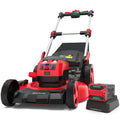




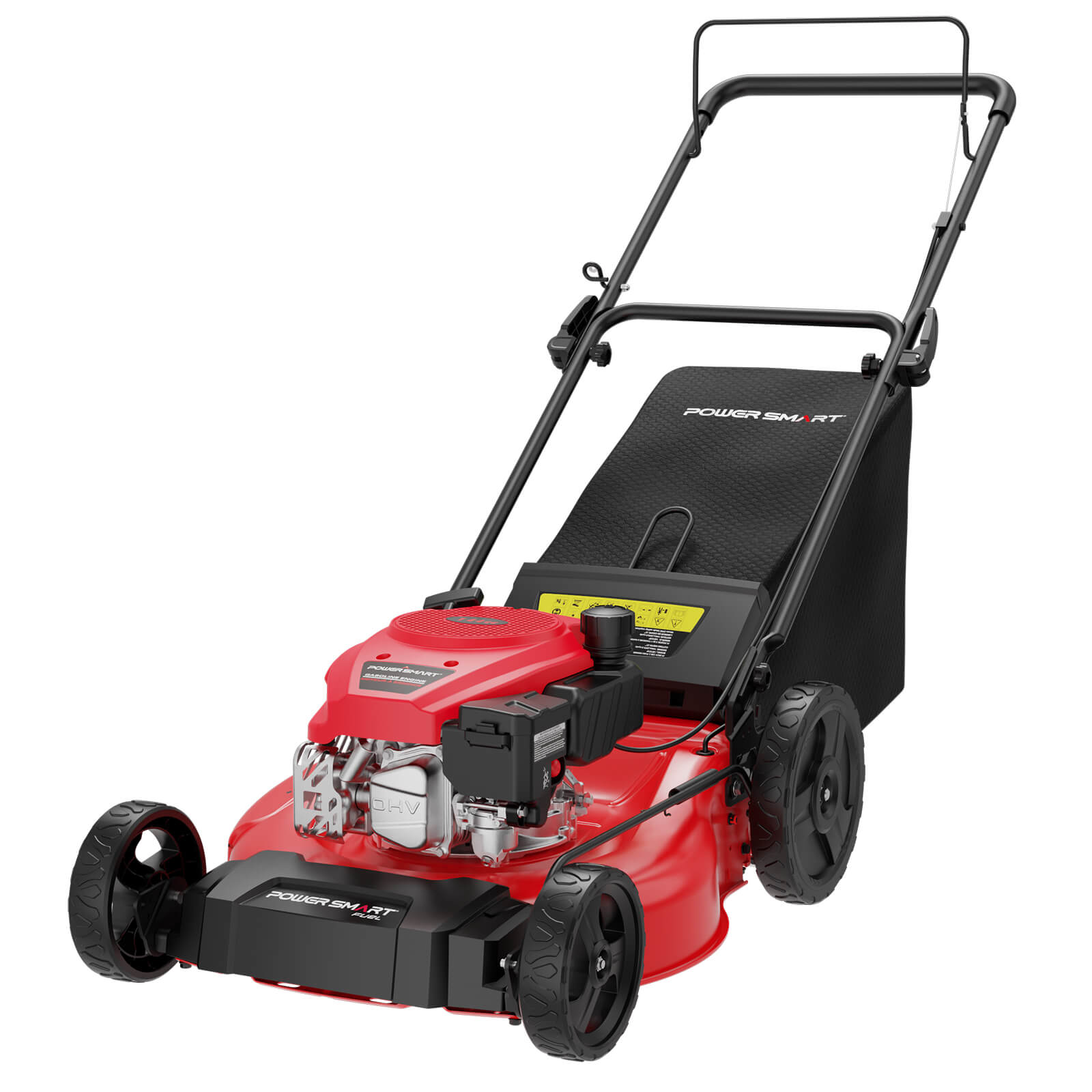

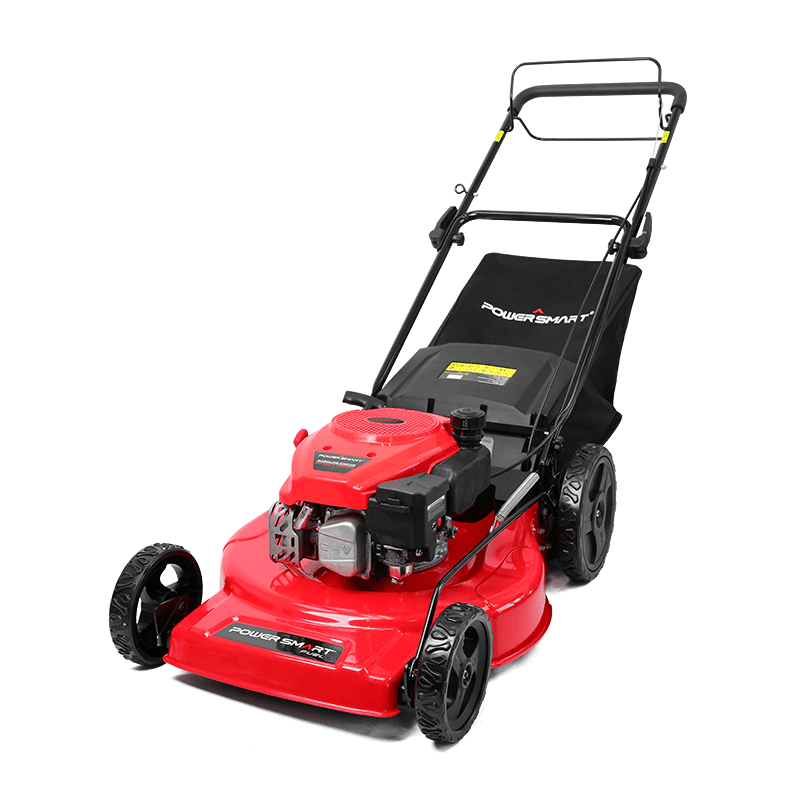

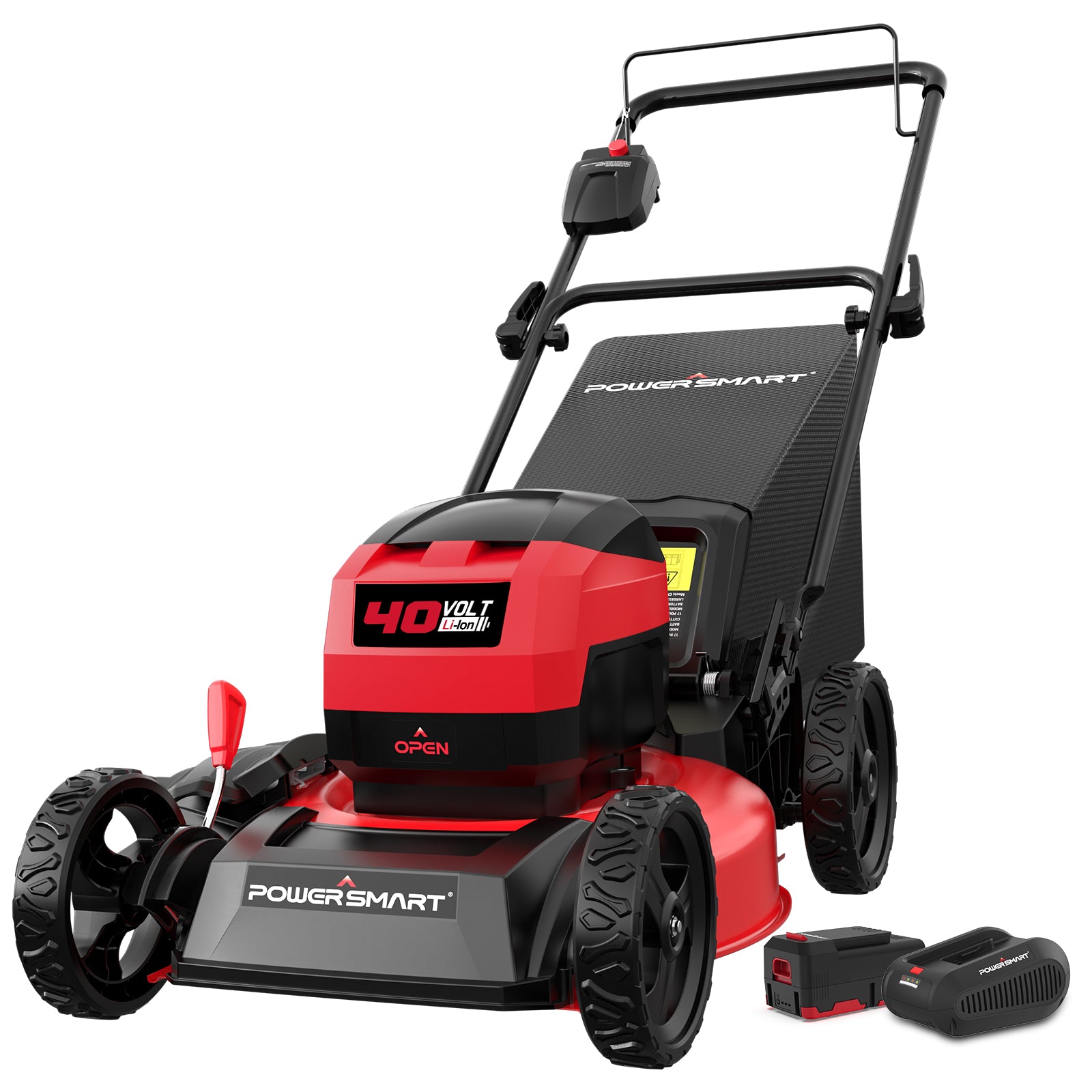
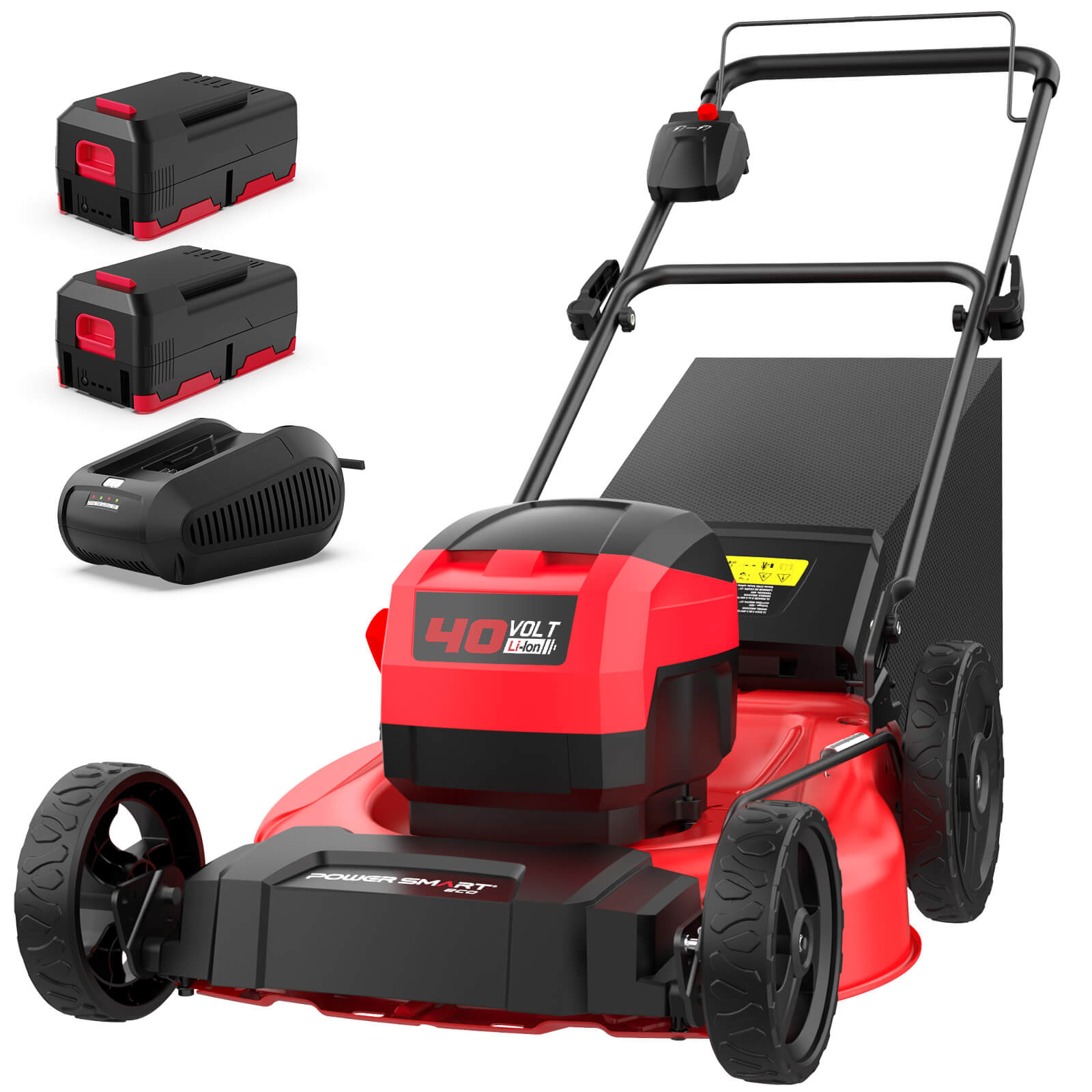
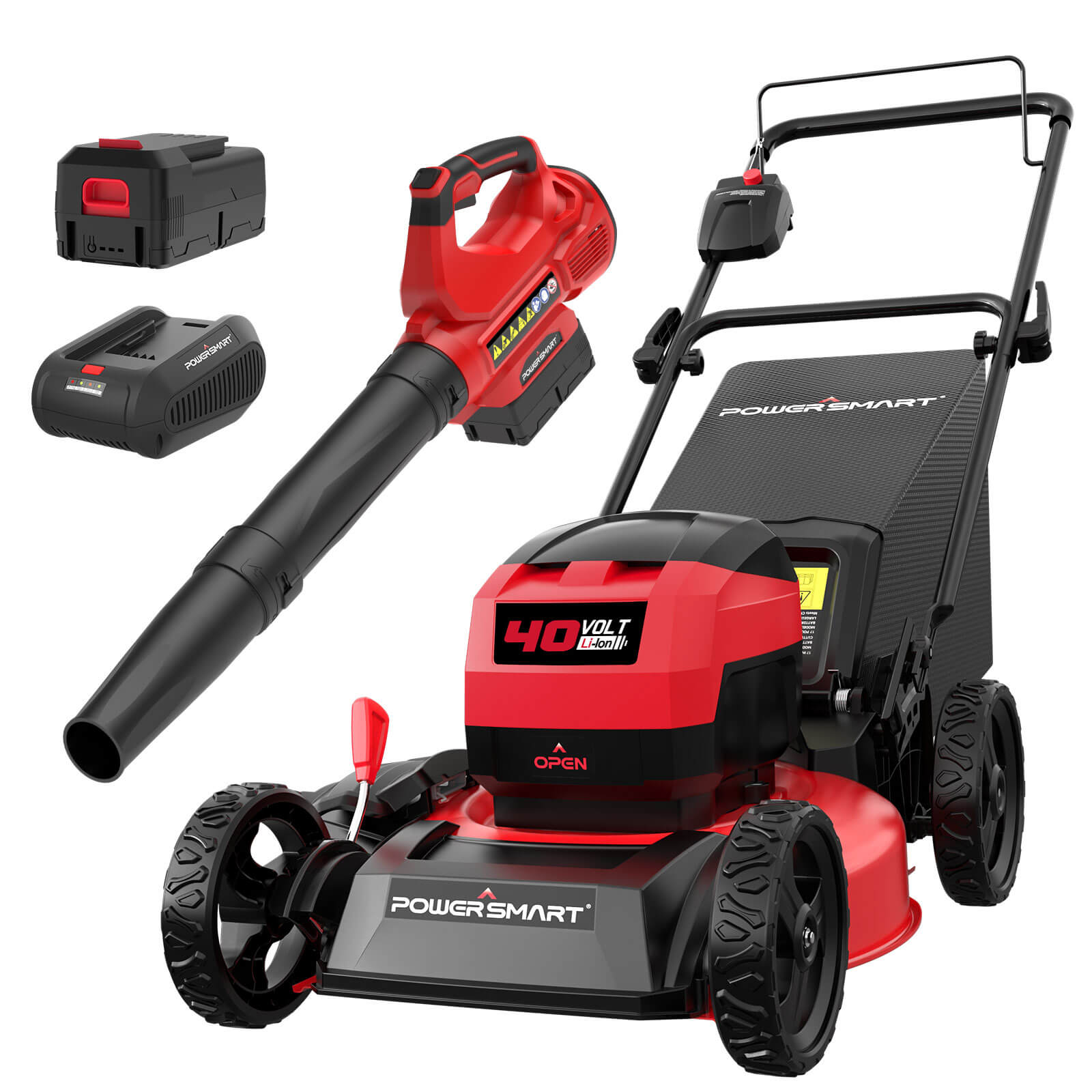
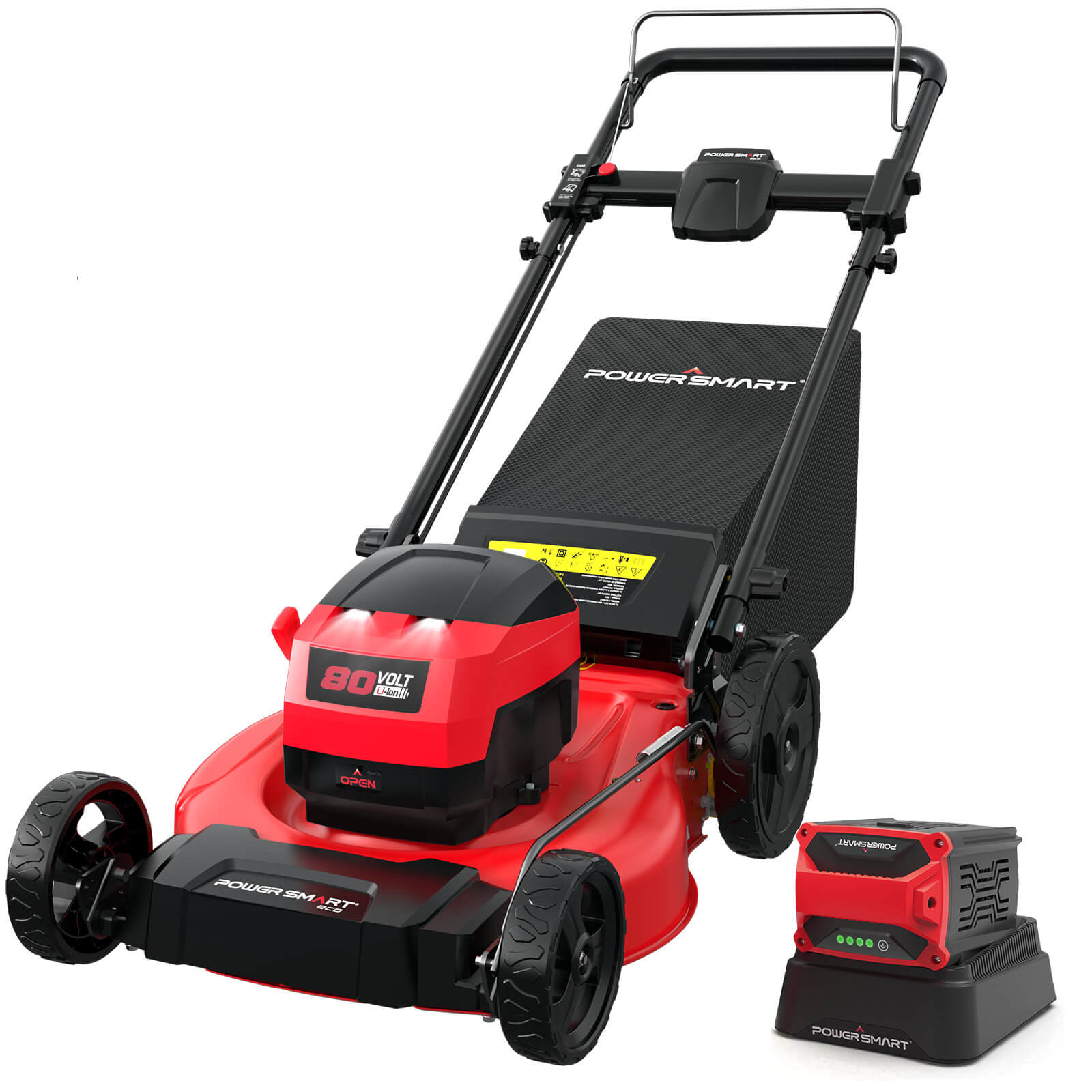
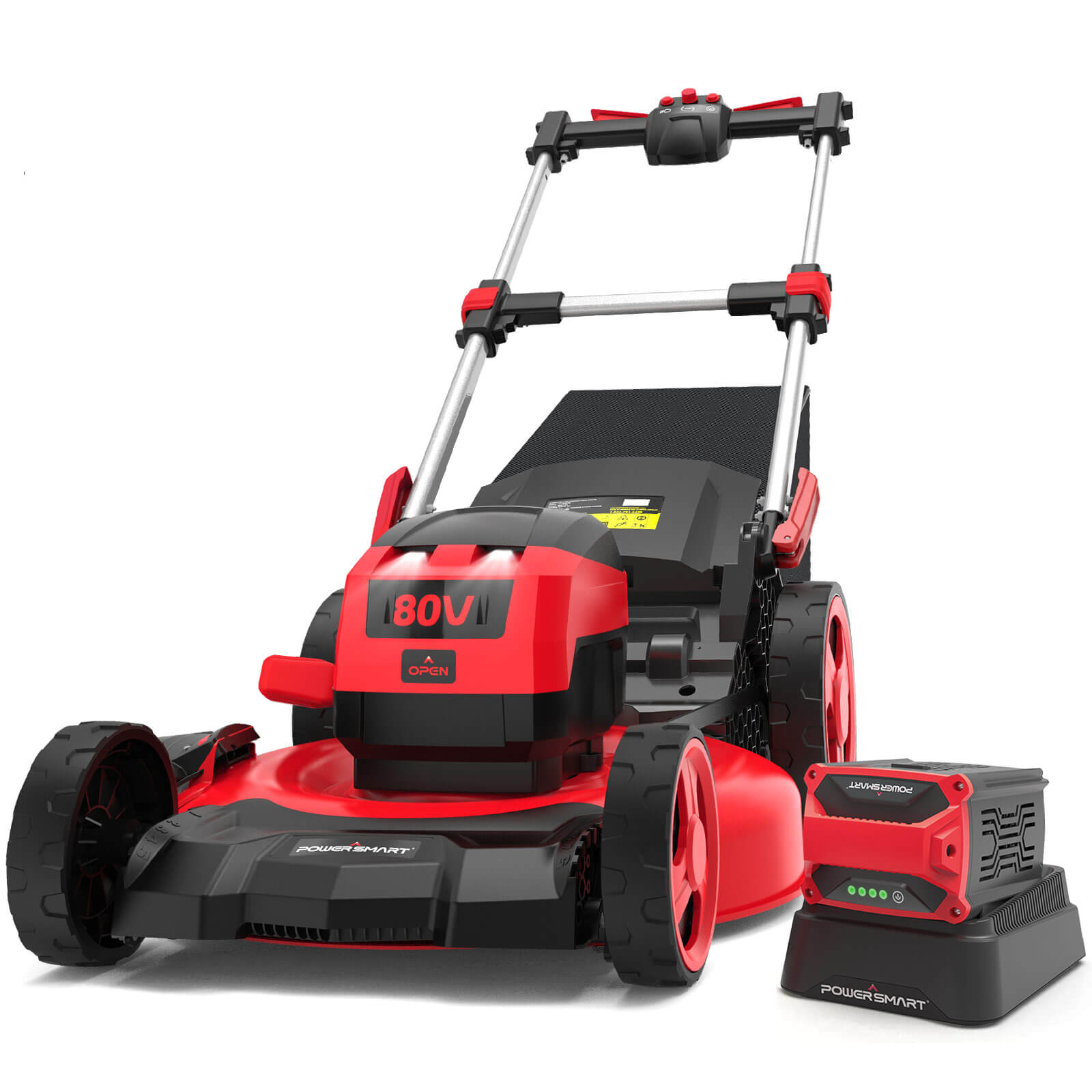
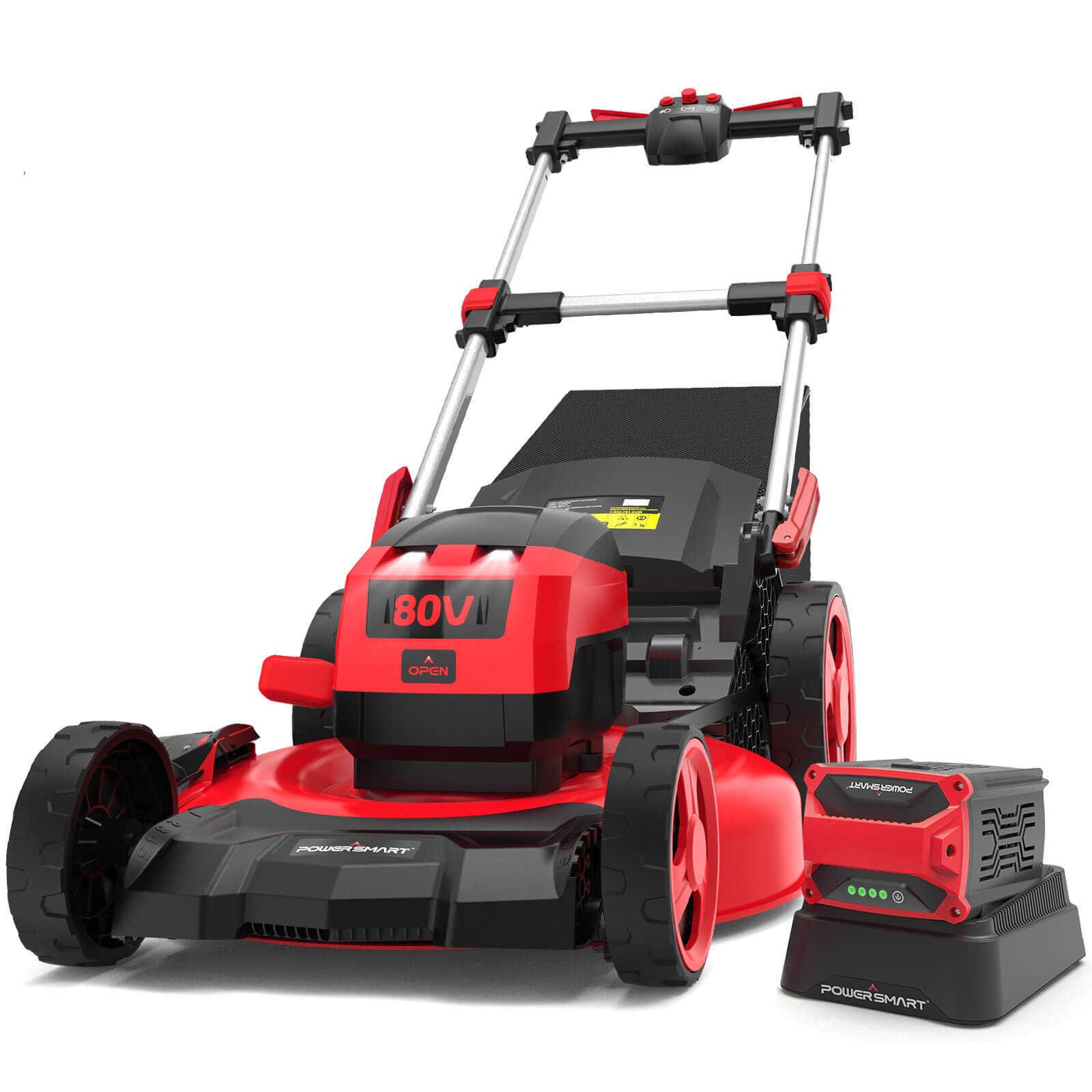






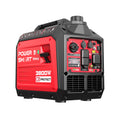

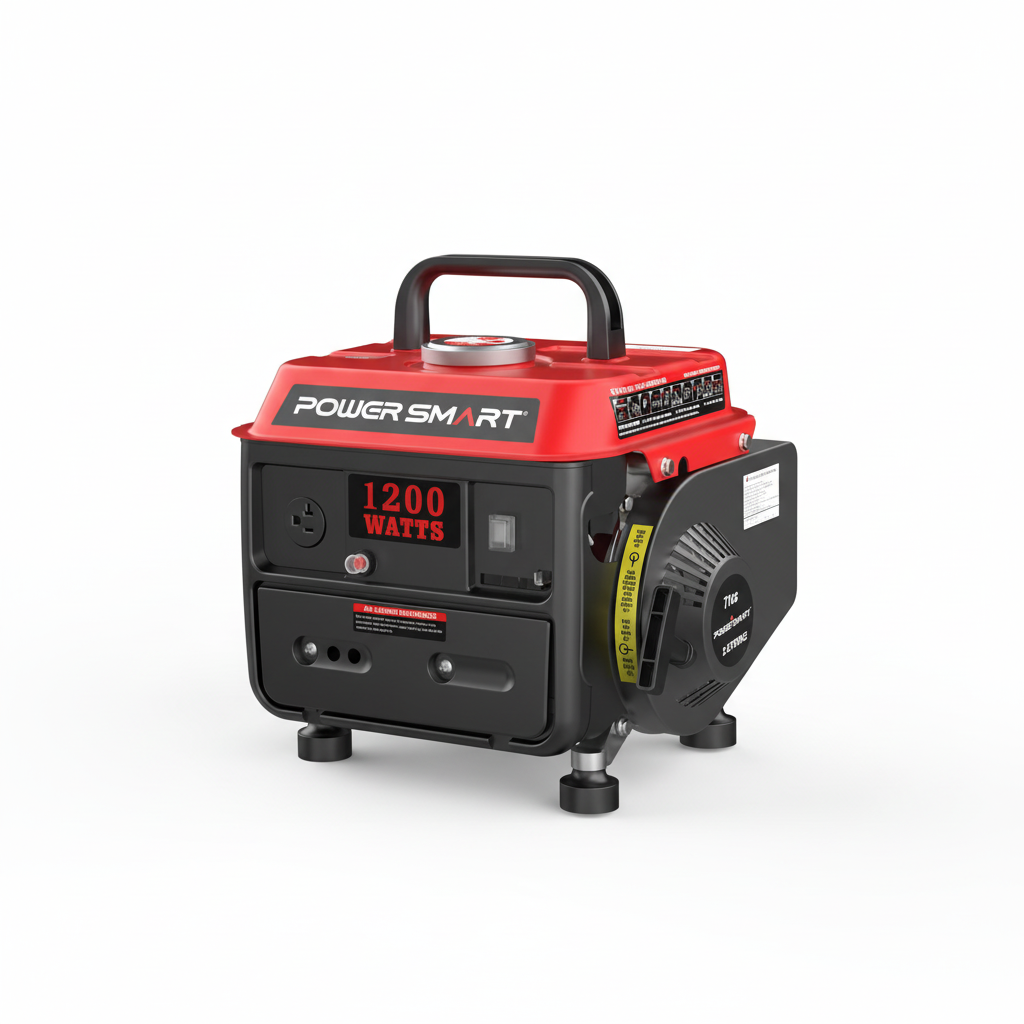


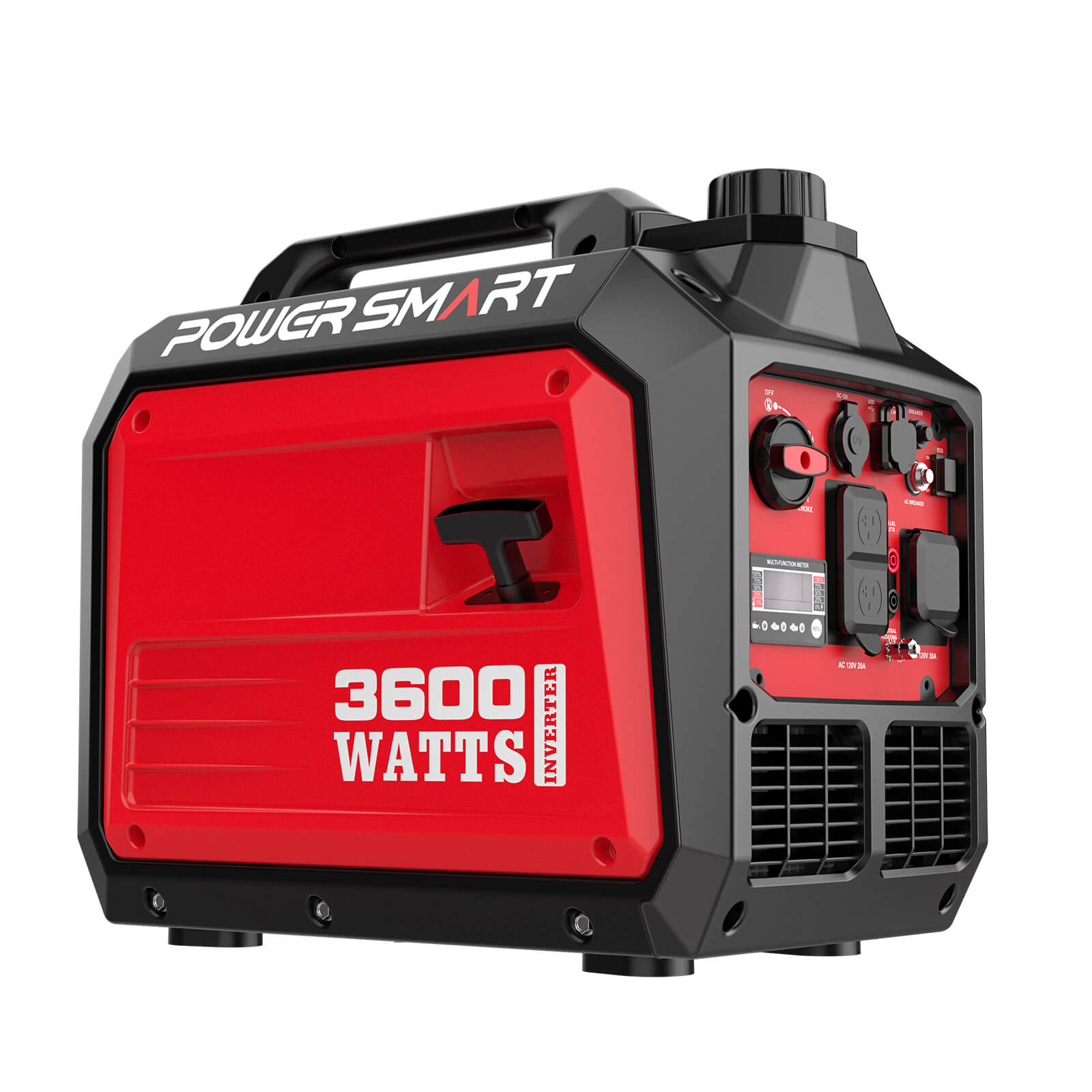
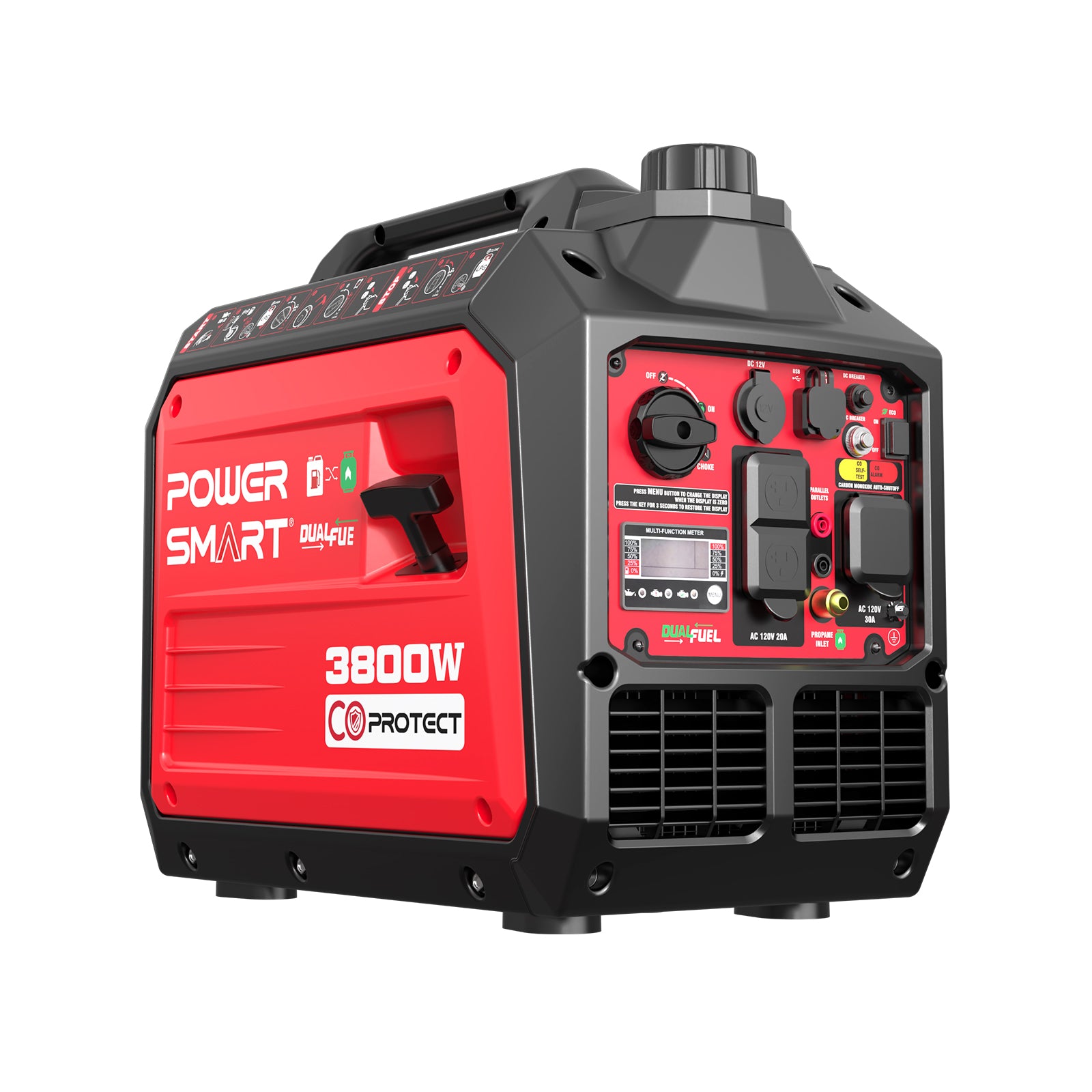
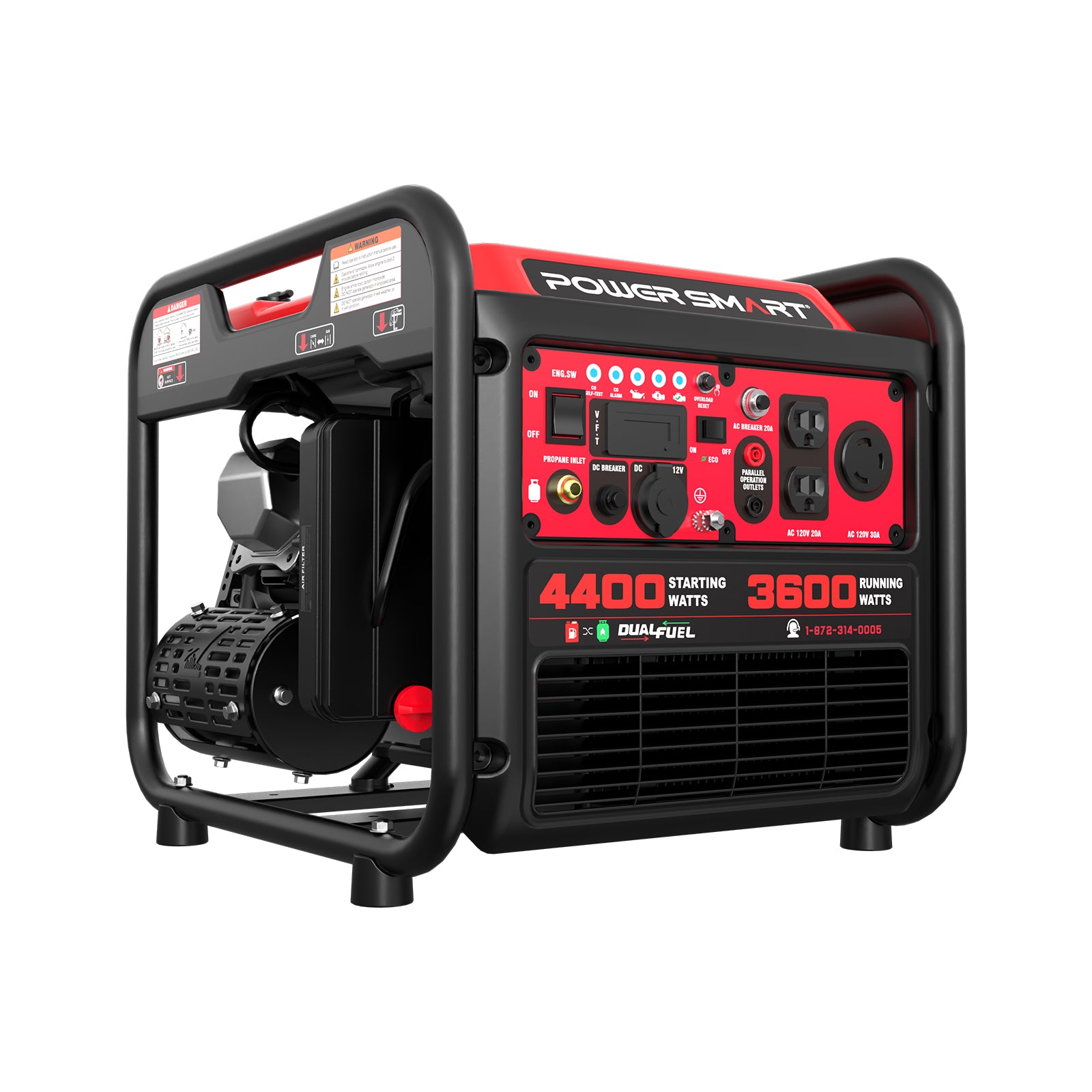












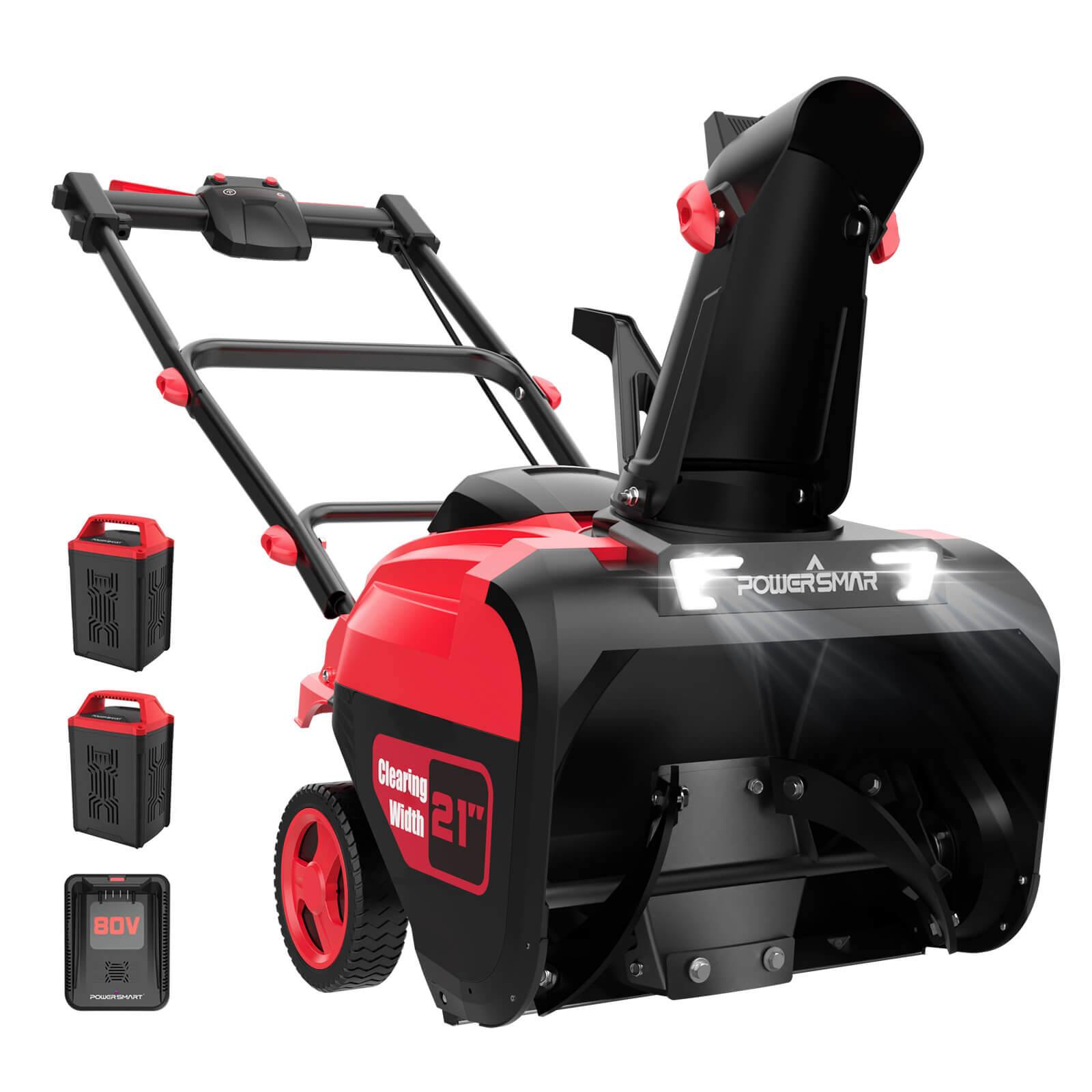









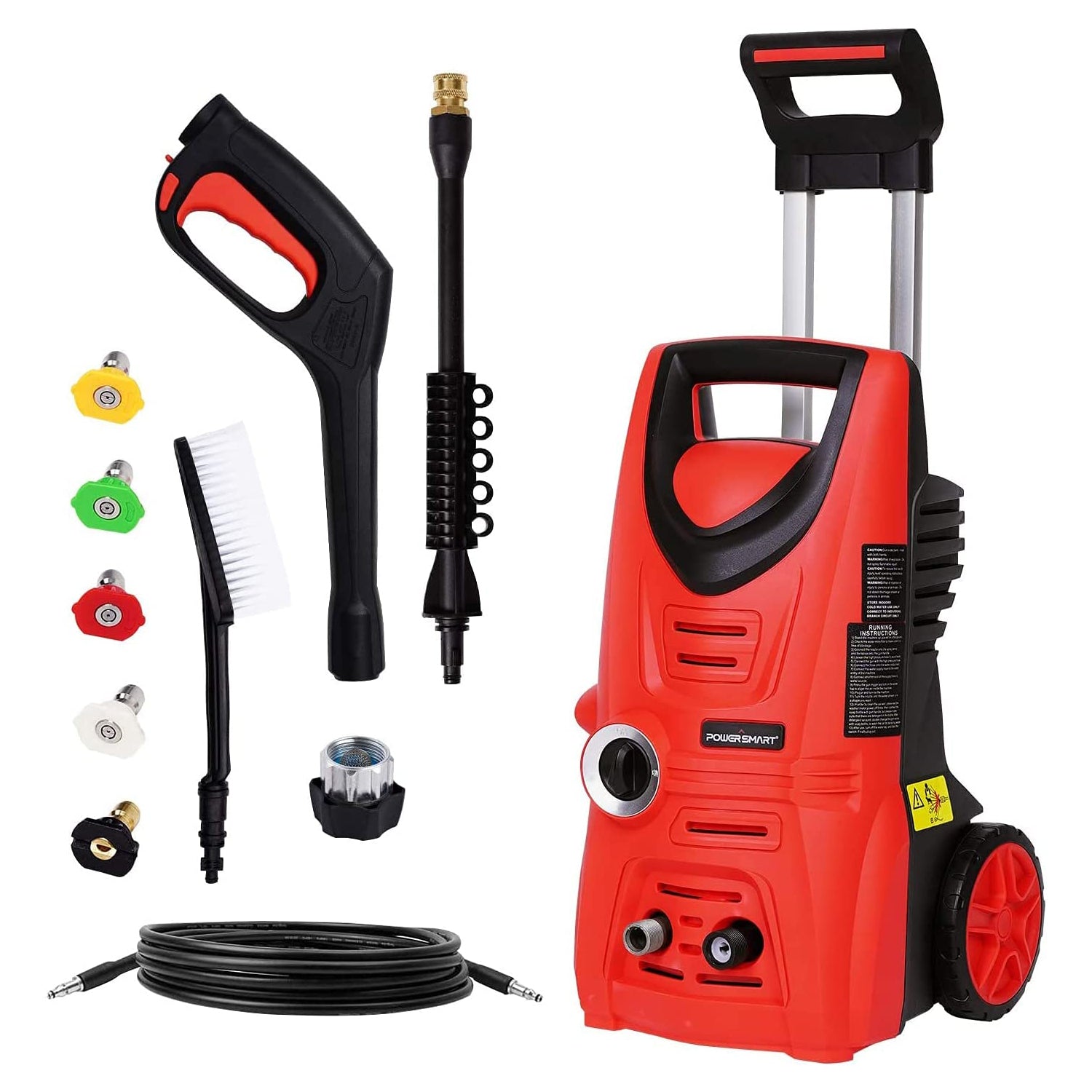
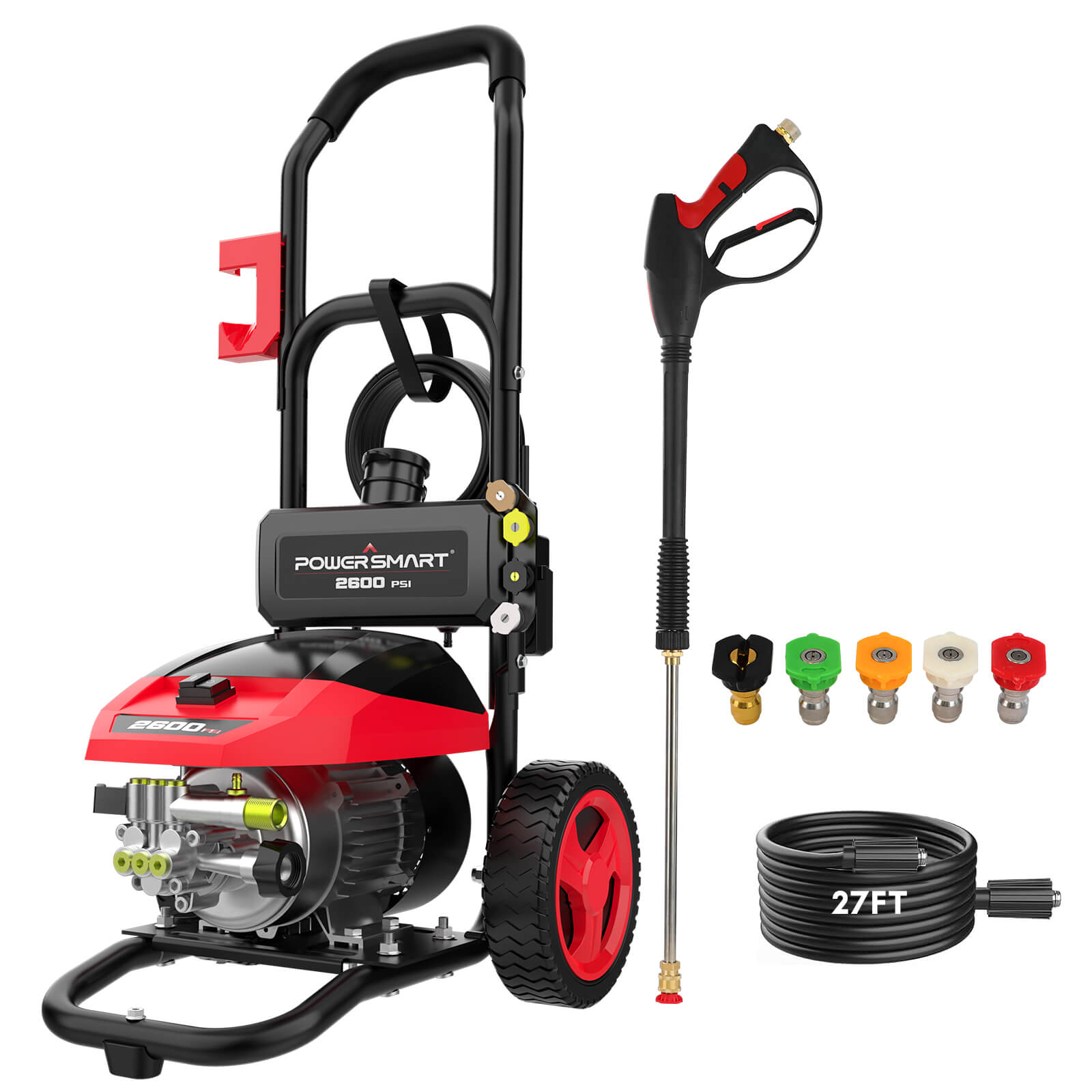
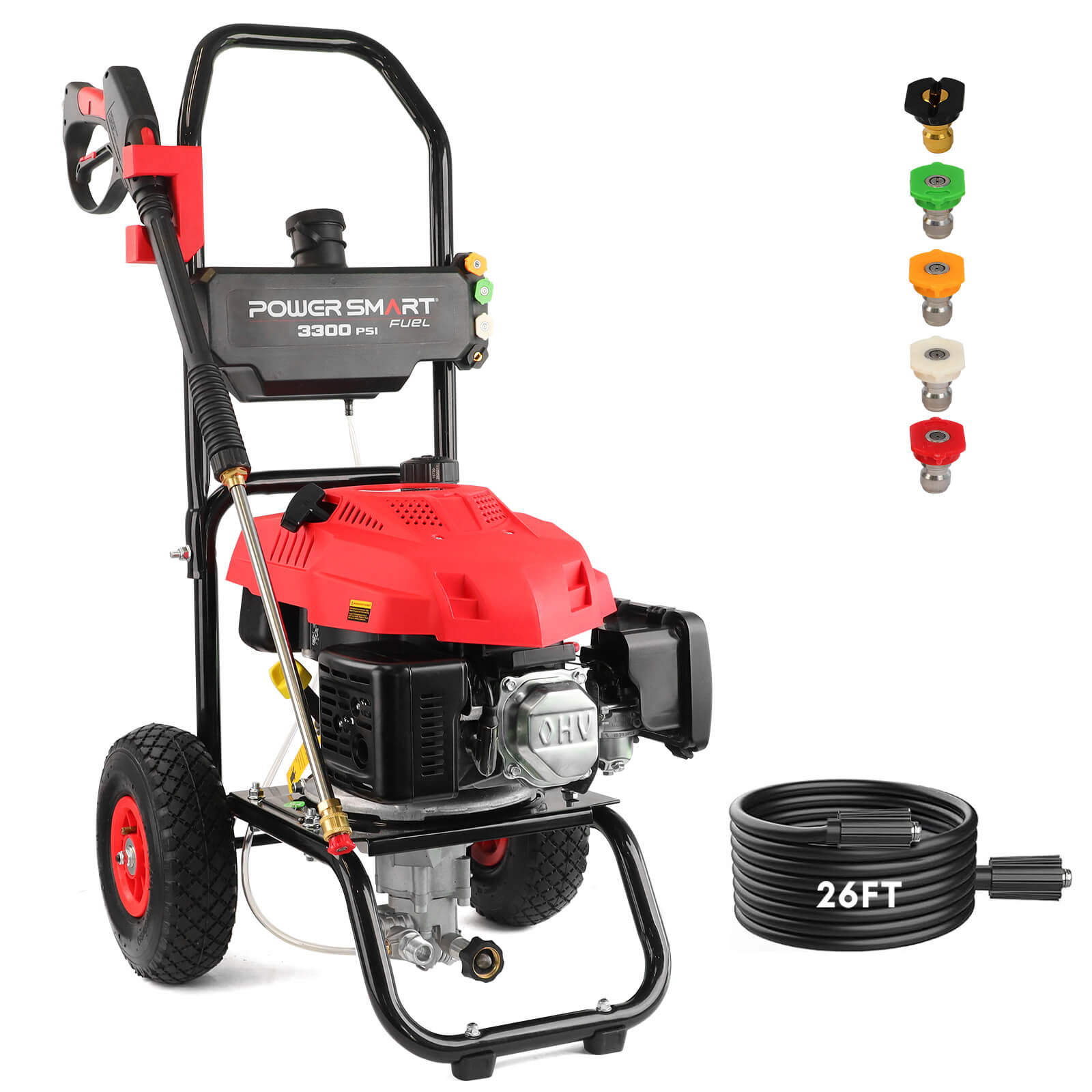
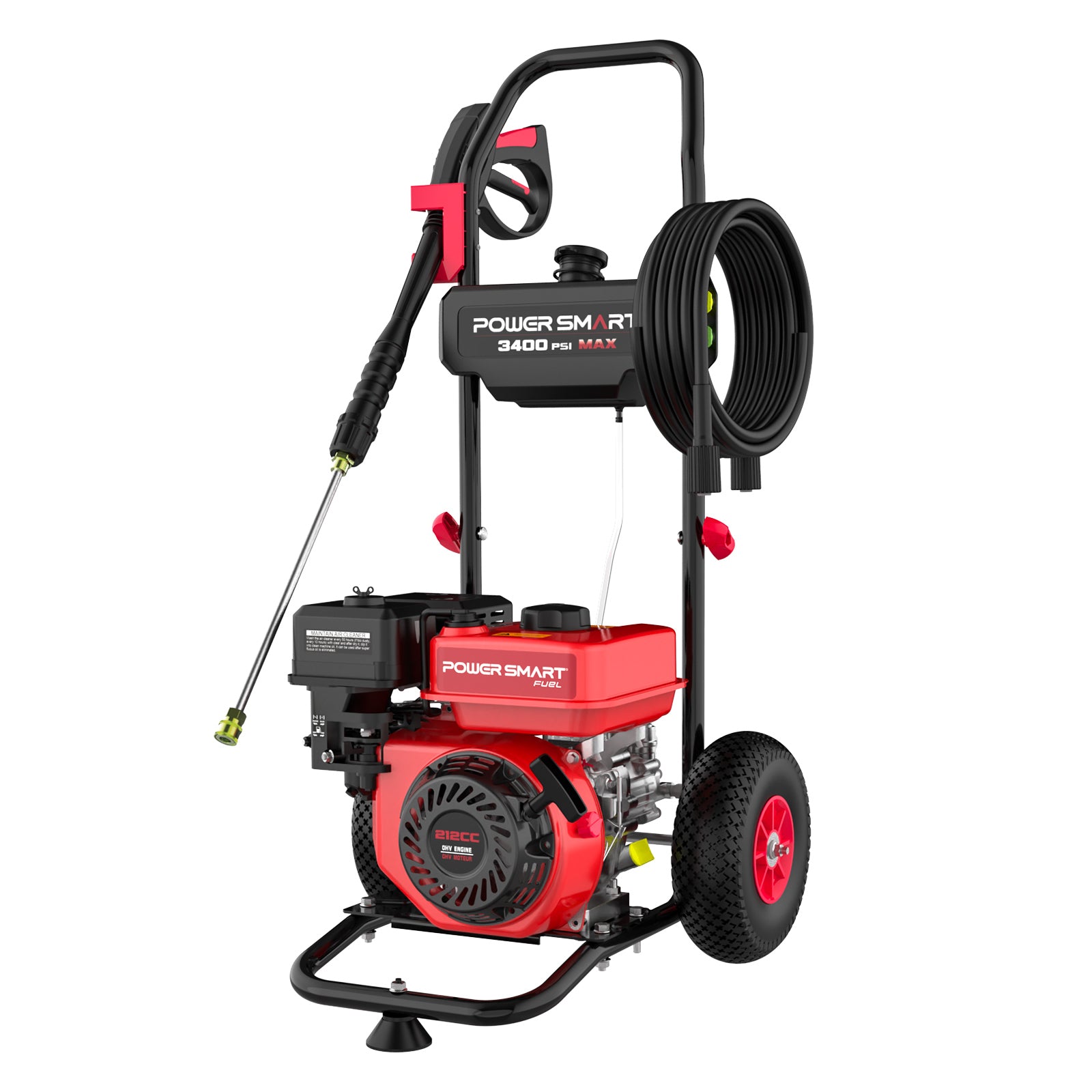
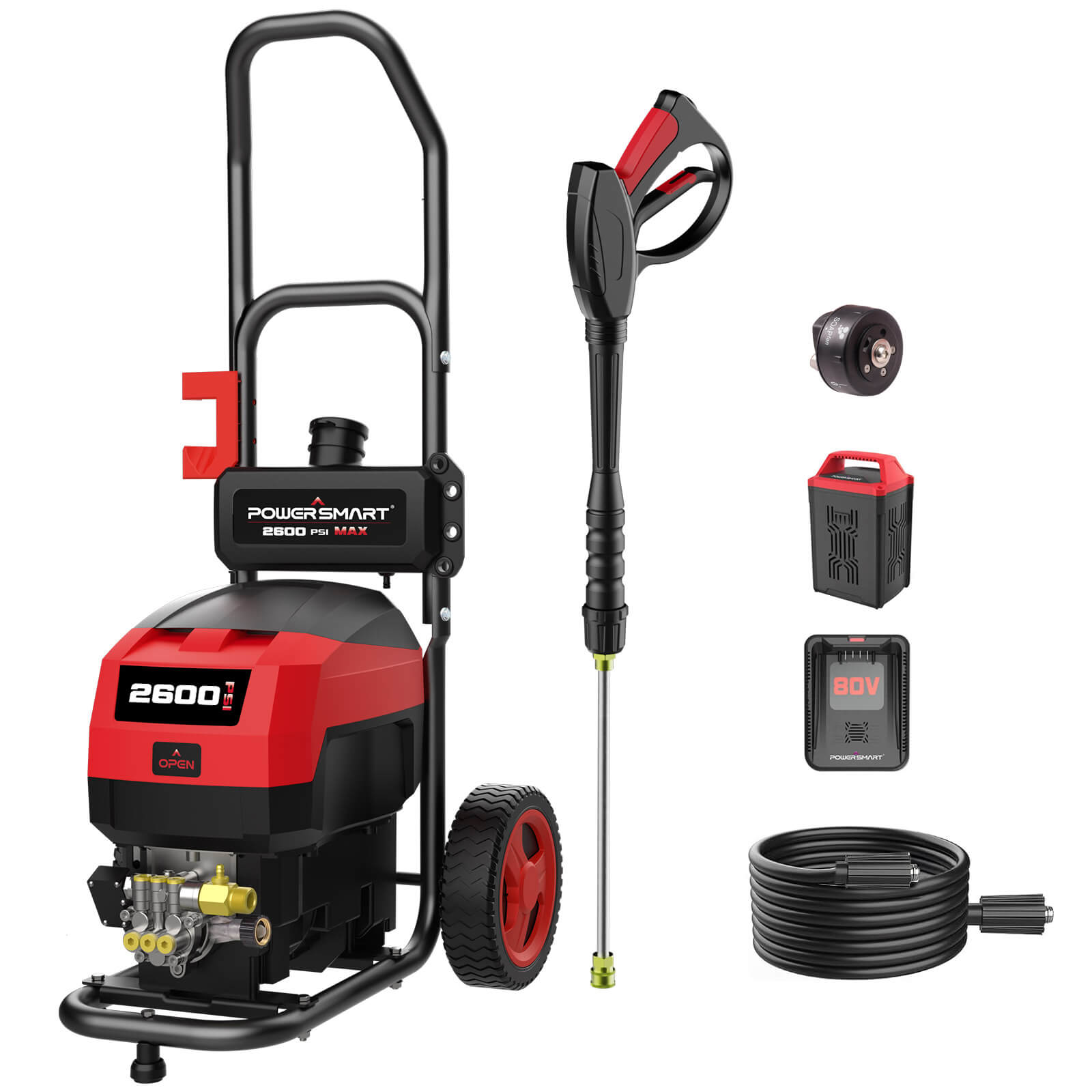
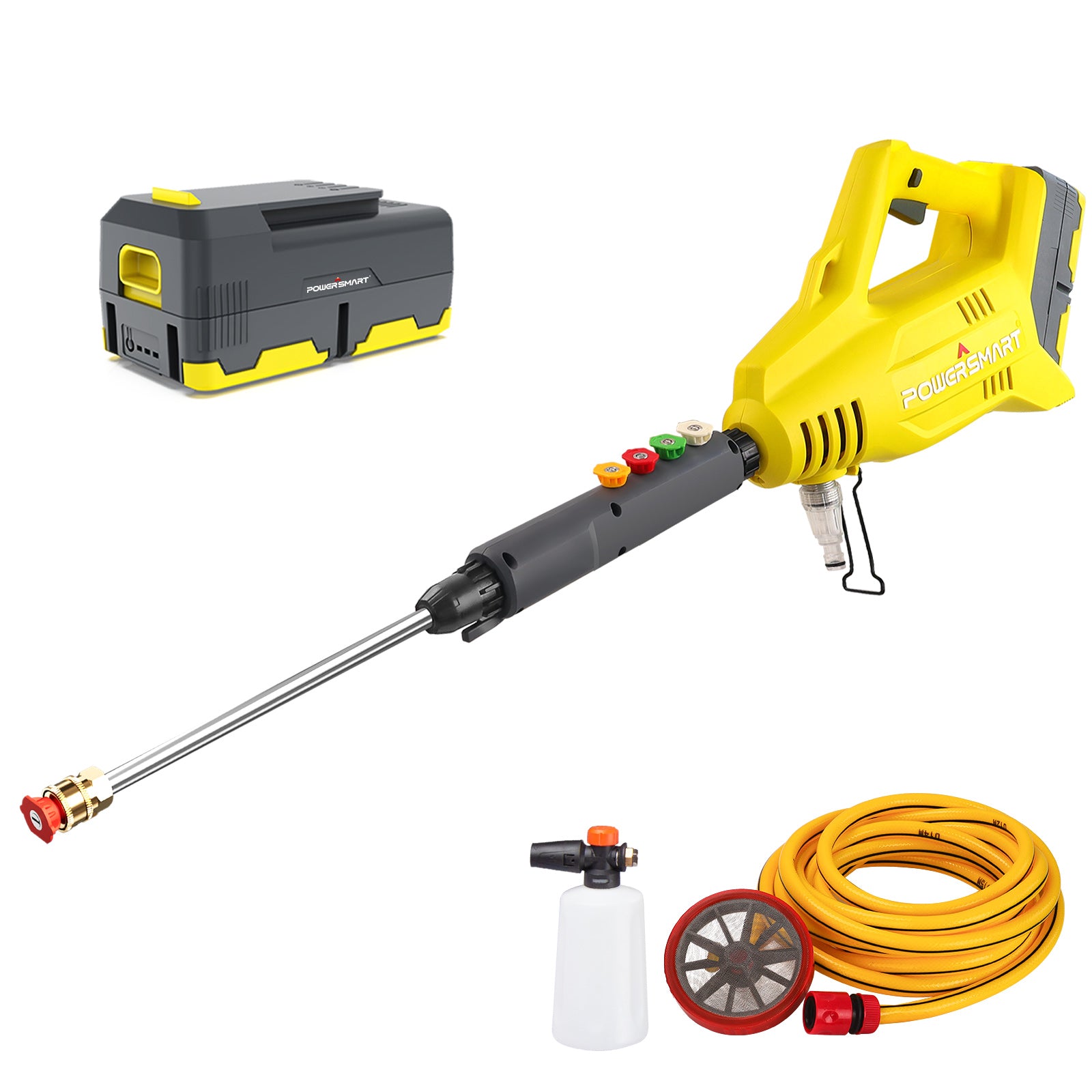












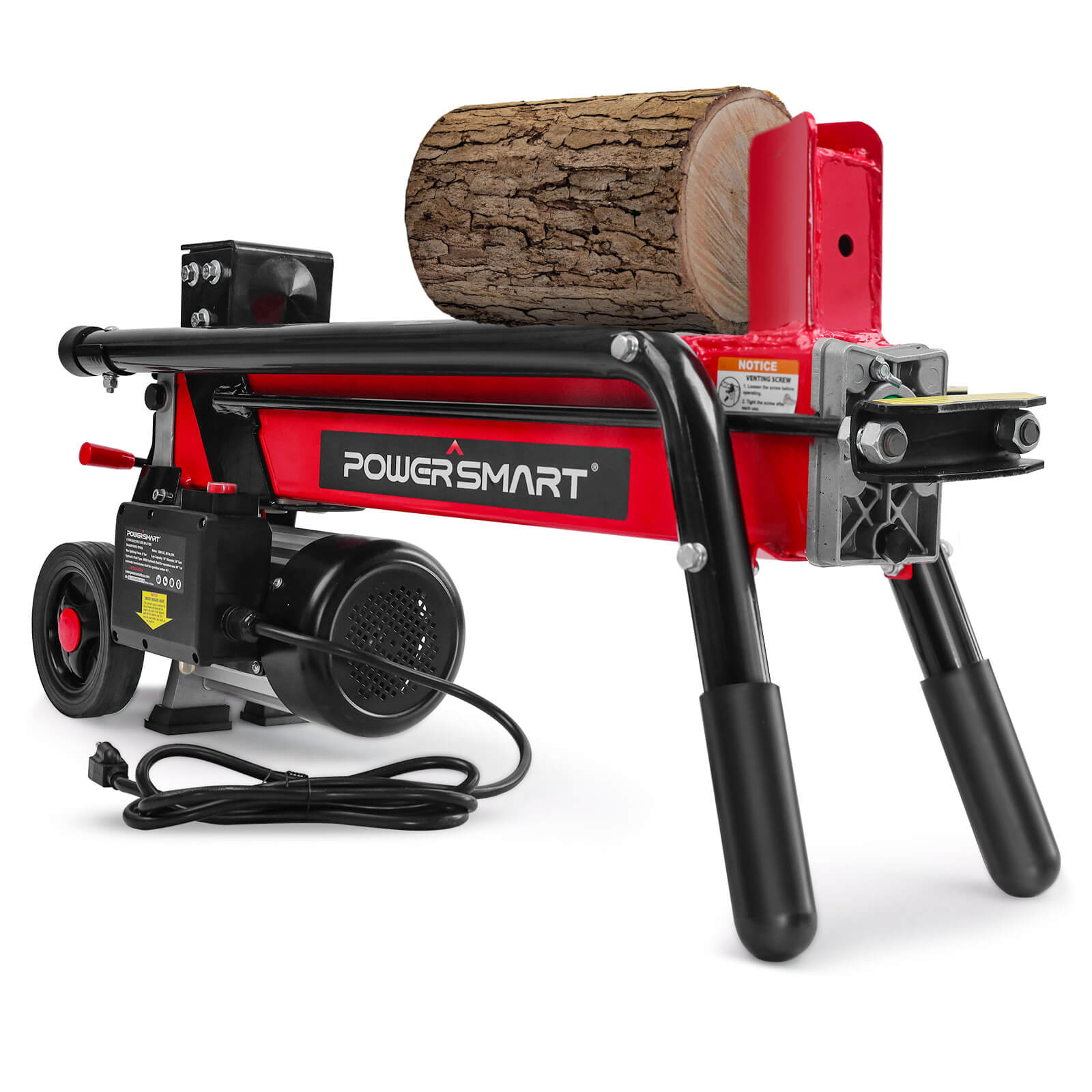

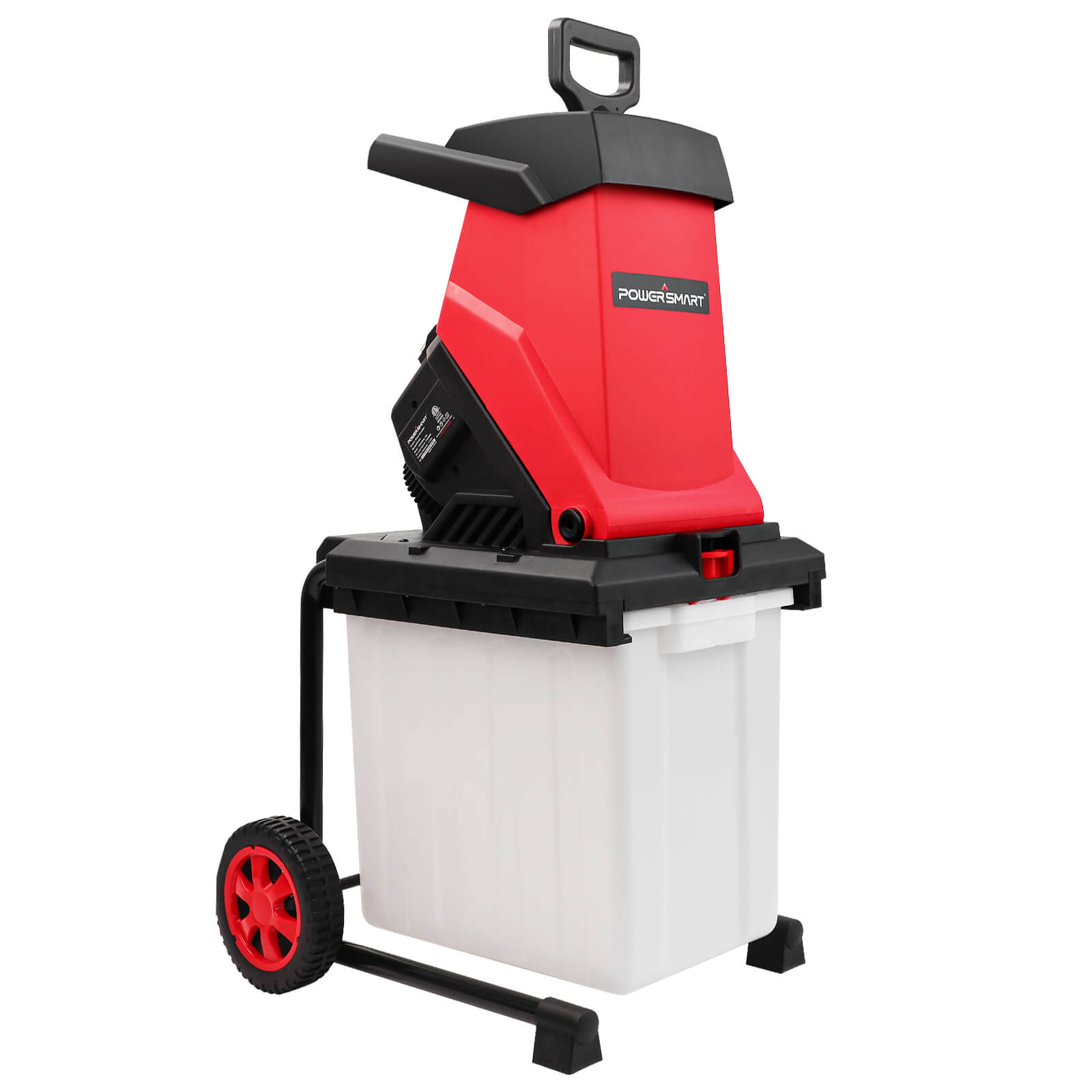
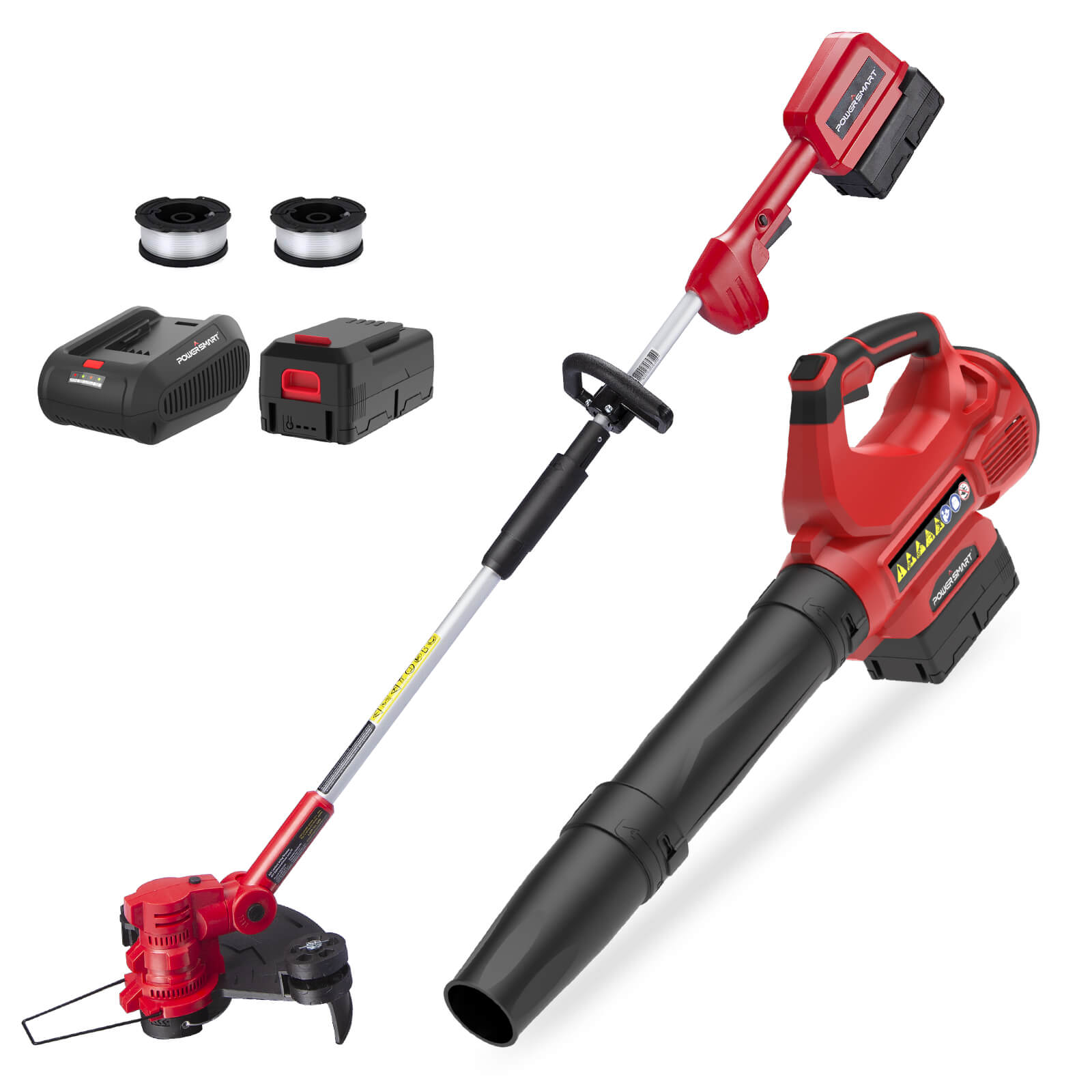
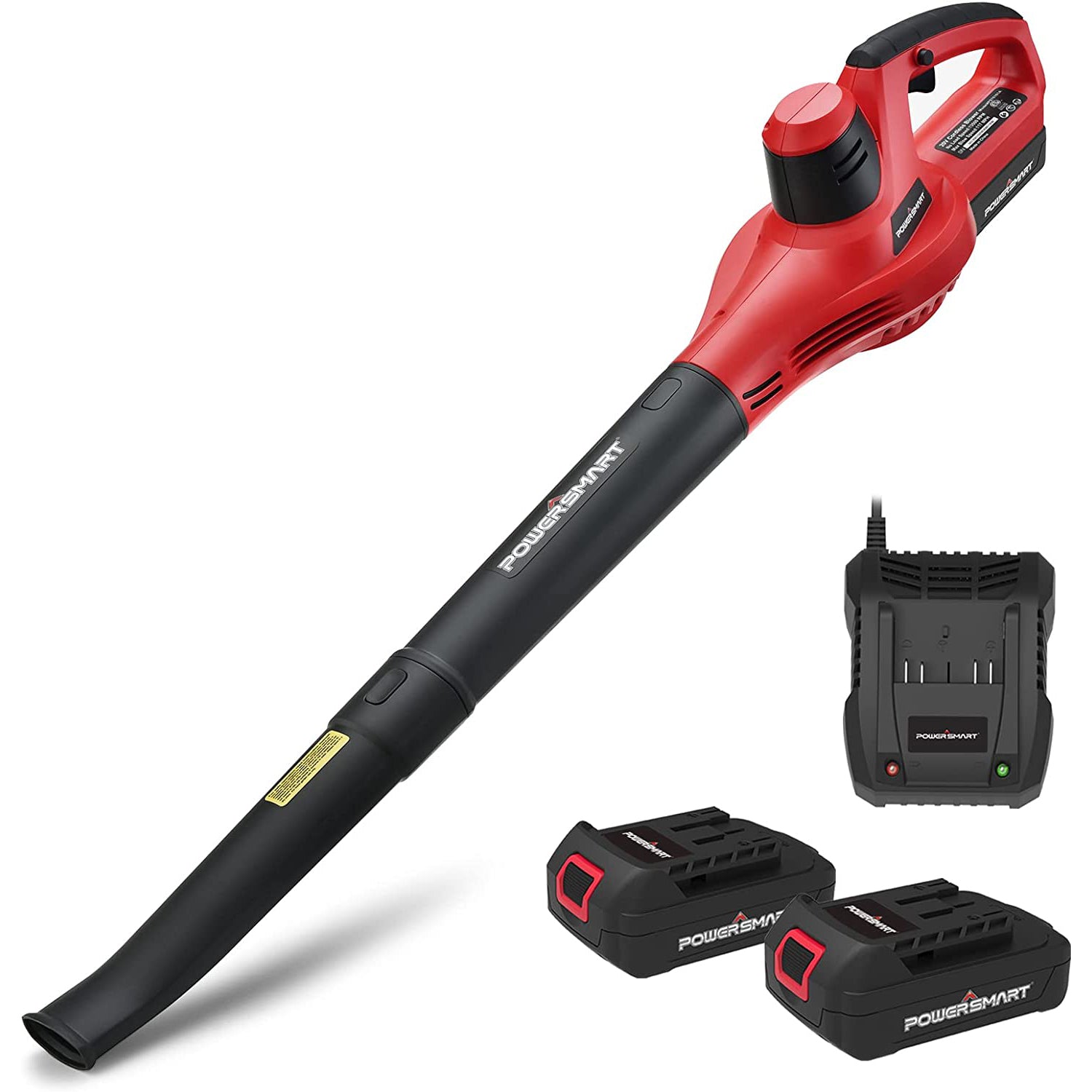

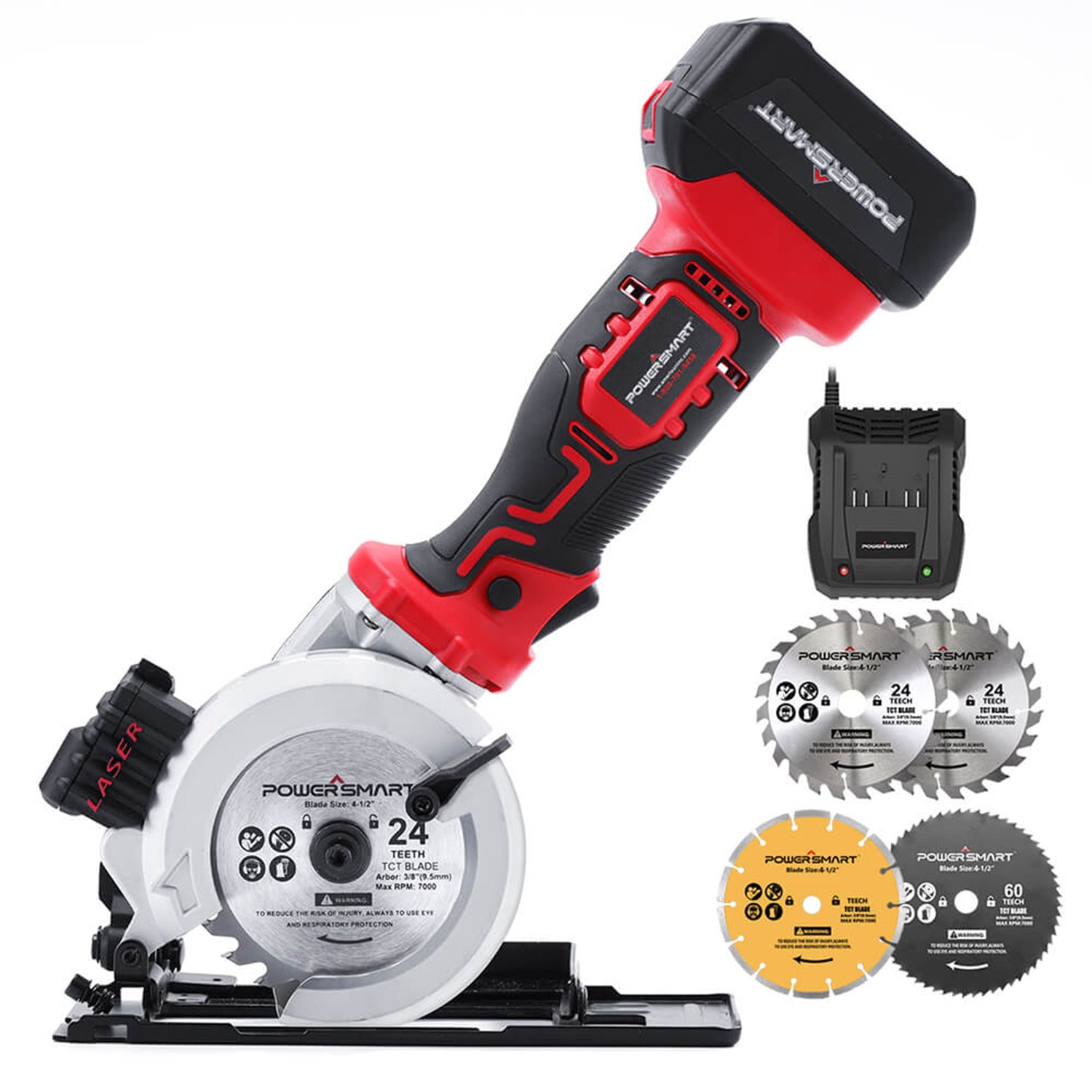




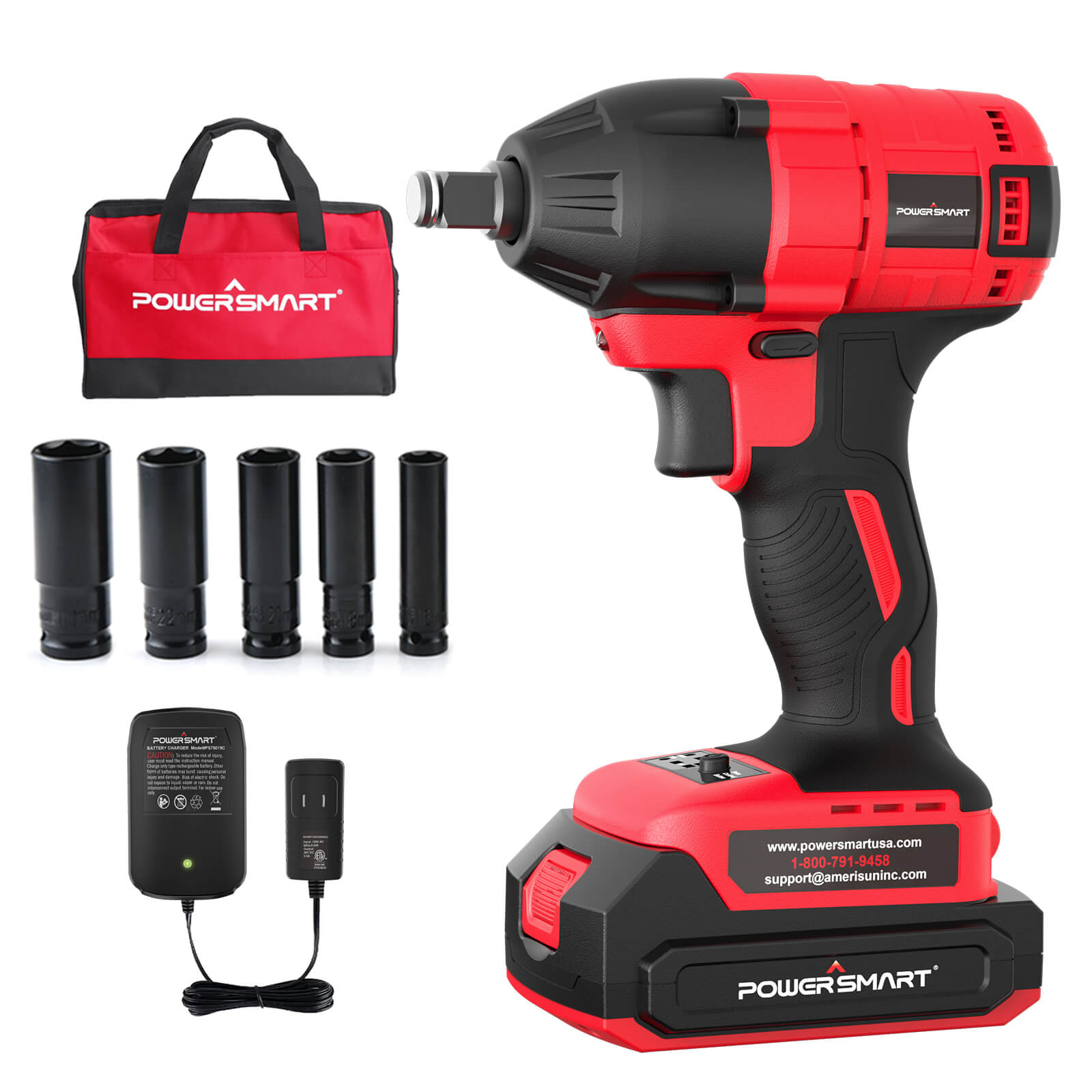












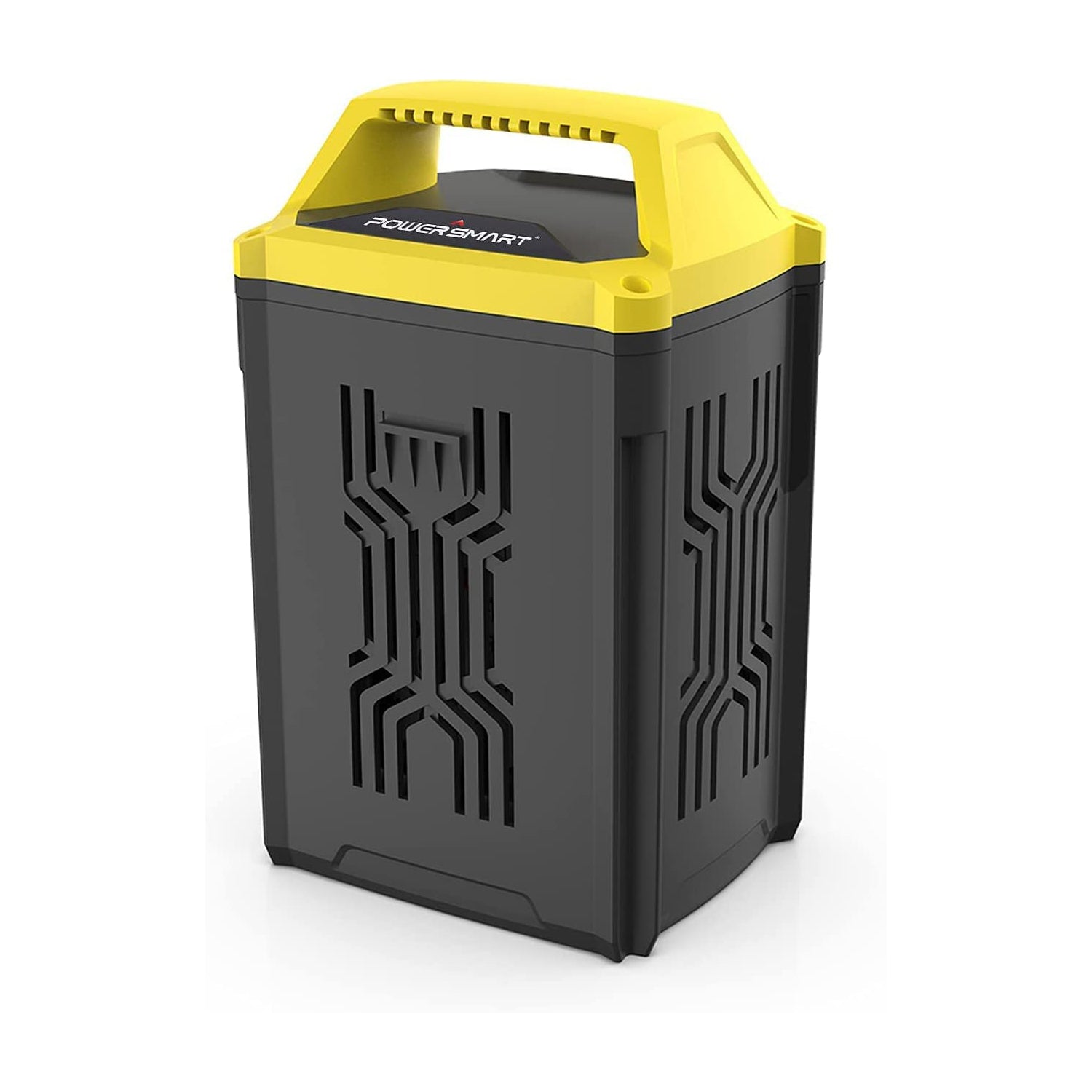

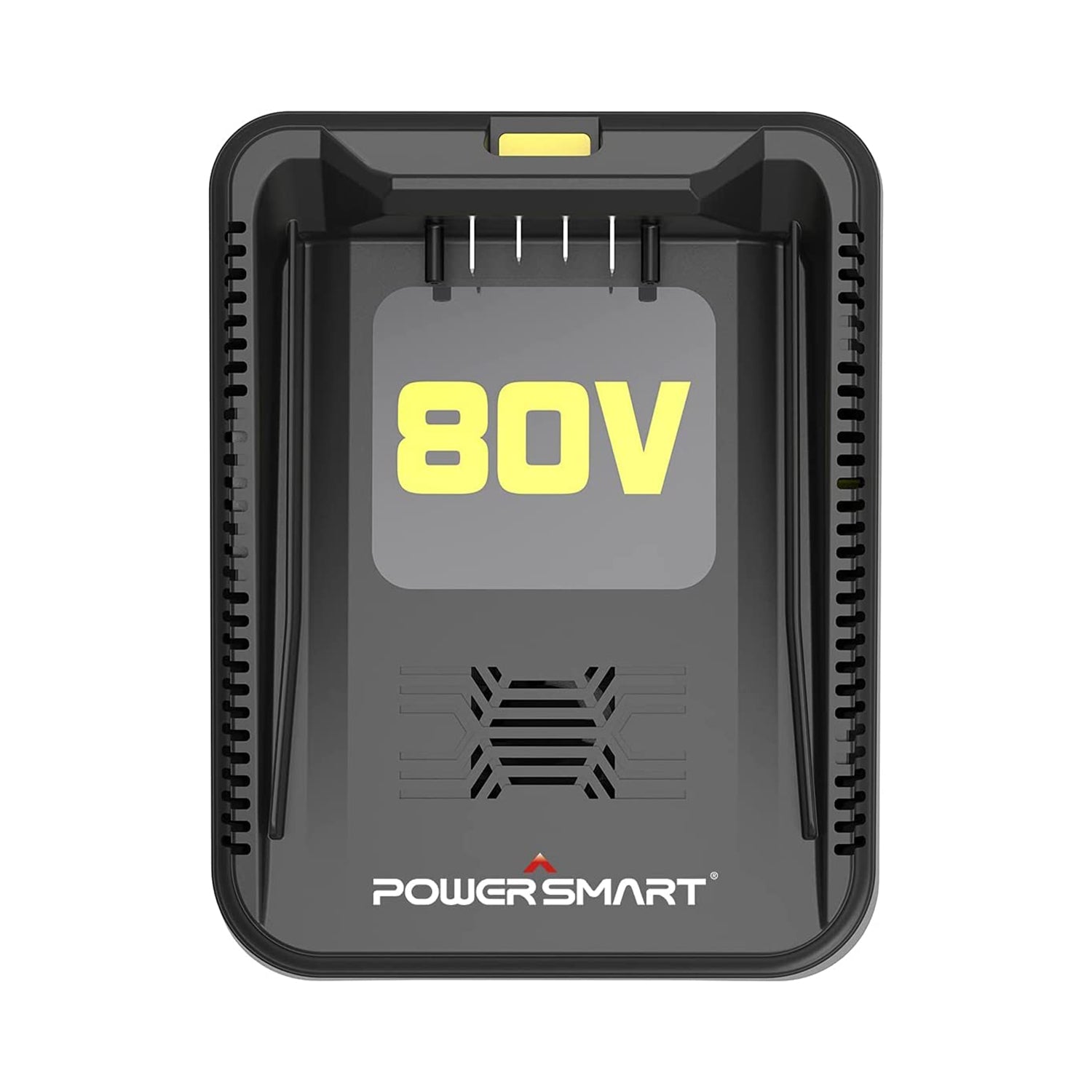
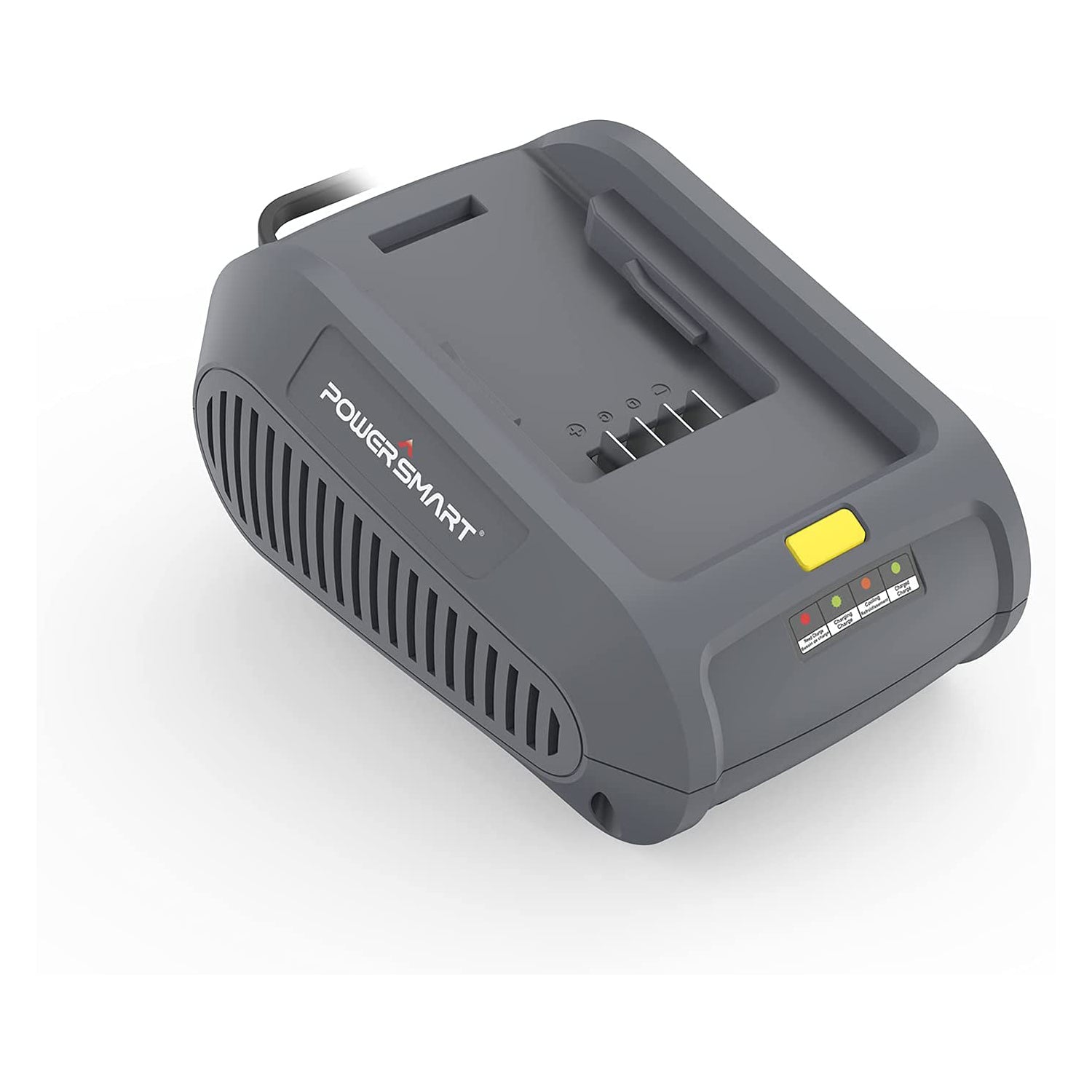




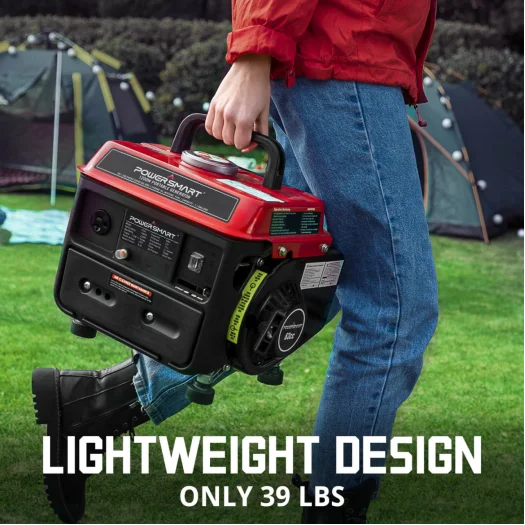

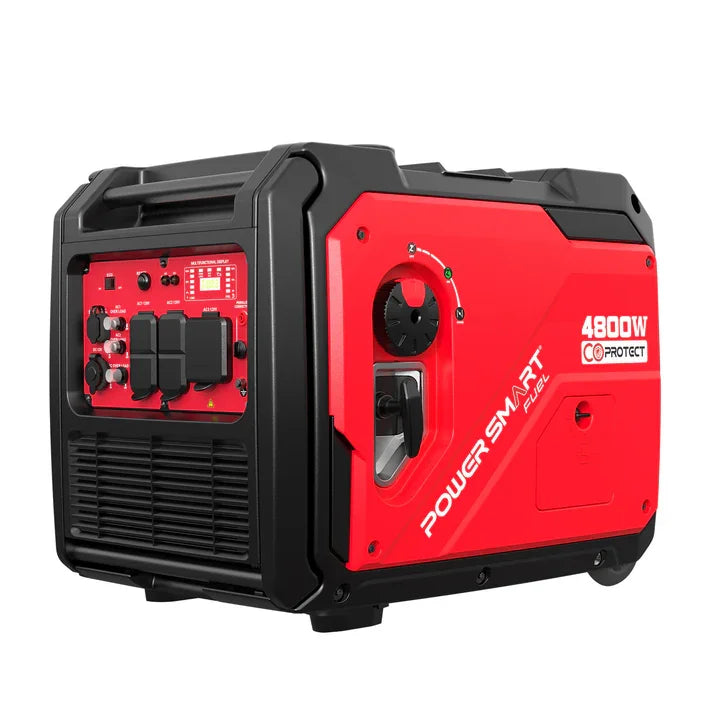
Leave a comment
All comments are moderated before being published.
This site is protected by hCaptcha and the hCaptcha Privacy Policy and Terms of Service apply.